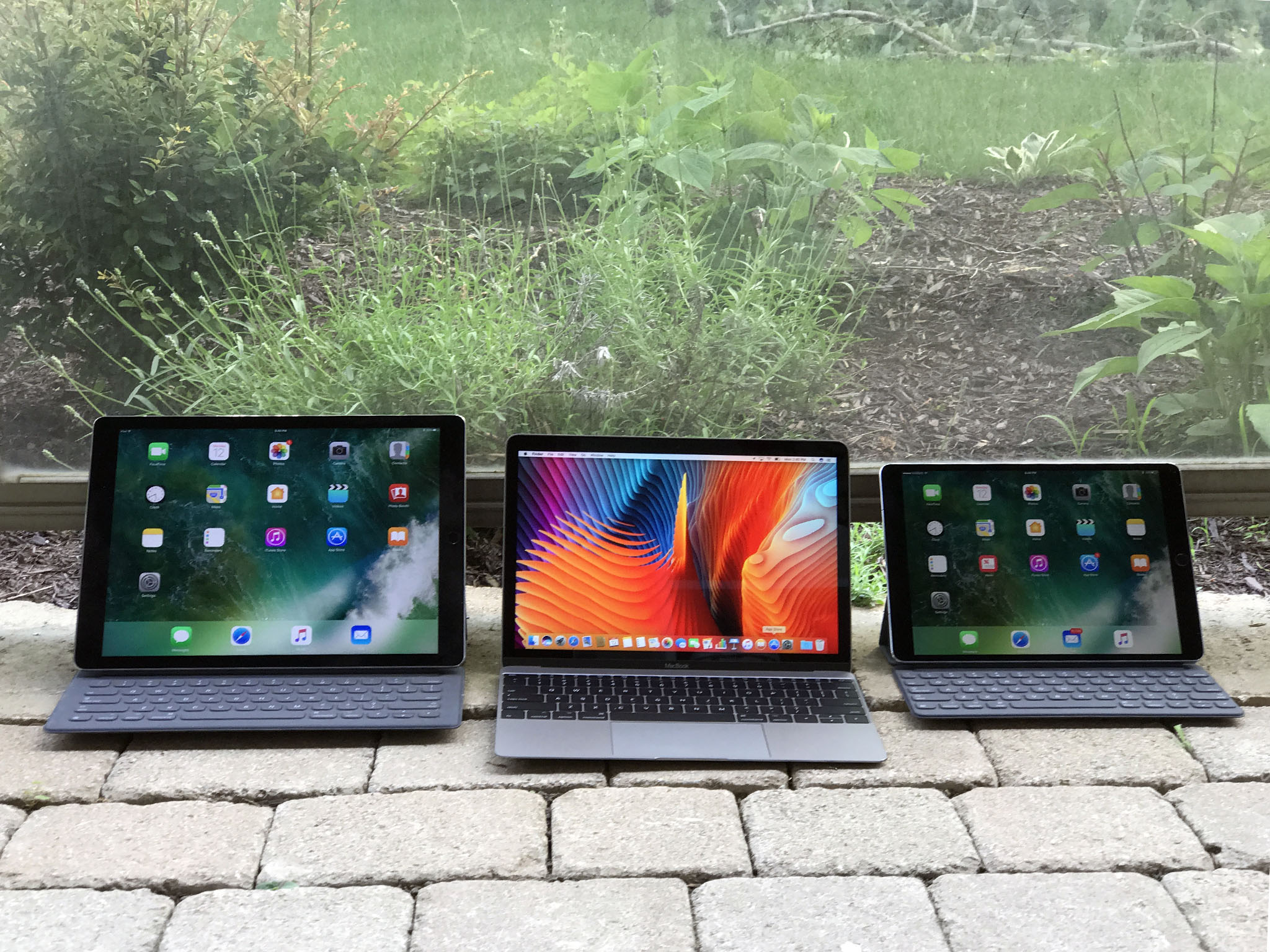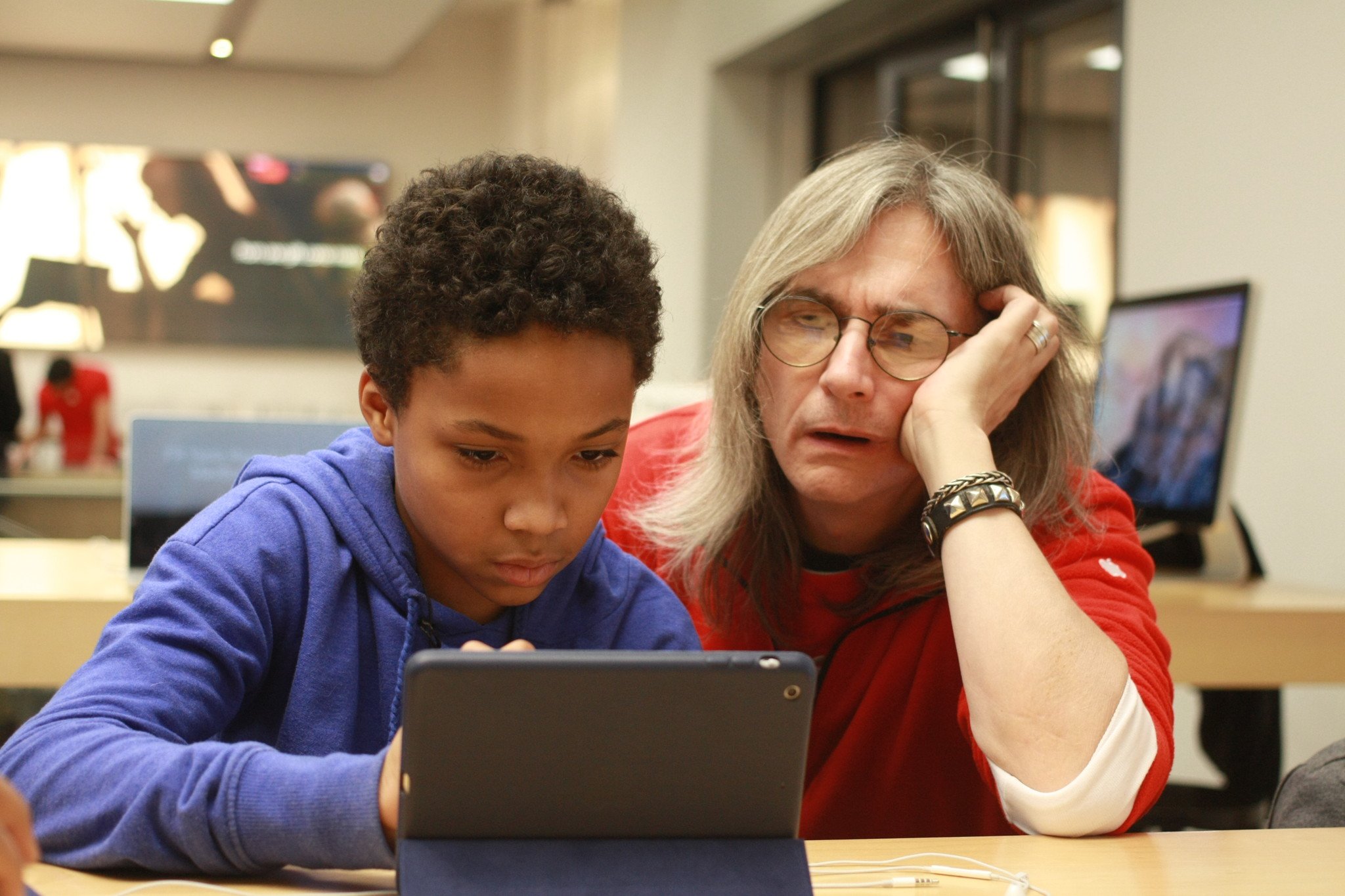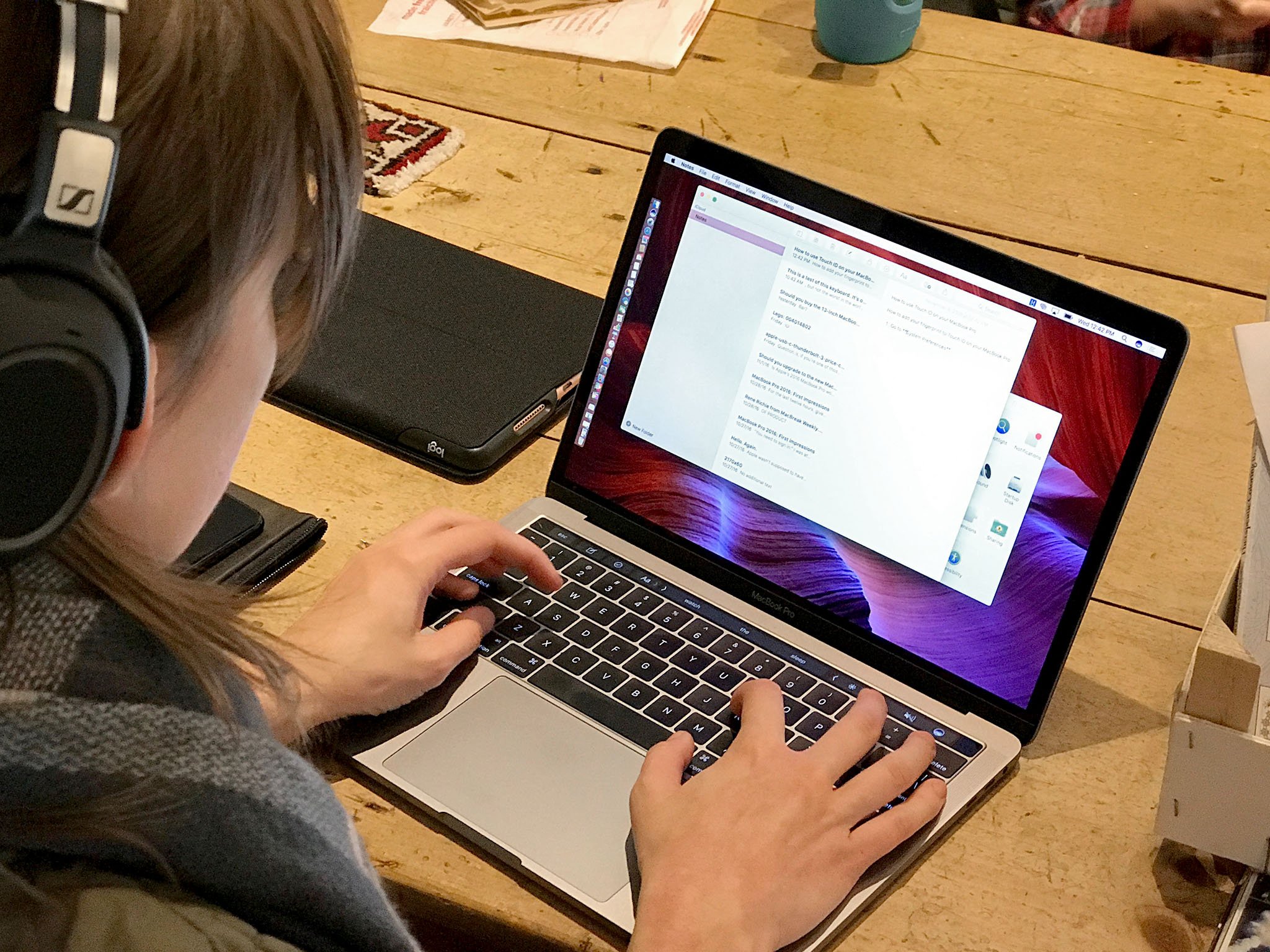Giving iPad fire to mere mortals: On myopia and elitism in computing

A couple of days ago my iPhone rang. It was 2015 and it wanted it's debate about iPad being a "real" computer back. (Seriously, I could hear Adele in the background, wondering if, after all these years, iPad Pro would like to meet…) At least it felt that way when a few tweets by Joshua Topolsky re-ignited the old is-it/isn't-it debate.
Couple of tweets about the new iPad and iOS 11. It is inferior to a laptop in almost every way, unless you like to draw.Couple of tweets about the new iPad and iOS 11. It is inferior to a laptop in almost every way, unless you like to draw.— Joshua Topolsky (@joshuatopolsky) June 27, 2017
Josh is a legend in this industry but Twitter is a platform that lends itself to in-the-heat-of-the-moment (or beverage) hot takes often absent the care and consideration they'd be given in a less real-time medium. It also lends itself to immediate hot take reinforcement and retaliation all over the internet, web and social.
I thought we got over this in 2015?
"iPad Pro can't be a primary computer" only means "it isn't for me and I lack any perspective taking."I thought we got over this in 2015?
"iPad Pro can't be a primary computer" only means "it isn't for me and I lack any perspective taking."— Rene Ritchie (@reneritchie) June 28, 2017
I dislike contributing to that kind of noise, all evidence to the contrary not withstanding, but there are a couple things I dislike more: myopia and elitism.
Being self-centric is natural and perspective taking is hard. I get that. For people who grew up on mainframes, the PC was a joke. For those who lived in the command line, the graphical user interface was a toy. For those who've spent the last couple of decades on Mac or Windows, the iPad is a playground.
Yet the PC untethered computing from universities and enterprises and put it in every home. The GUI opened it up to the arts and education. And multitouch has finally made it approachable to the mainstream.

For a long time computing only addressed the needs of a very few. Now, thanks to iPad and products that have followed its lead, computing is open to almost everyone with almost any need. It's nothing short of a revolution.
People who were, for their whole lives, made to feel stupid and excluded by older computing technology and some of its advocates now have something that's approachable, accessible, and empowering. From toddlers to nonagenarians to every age in between, and for every profession imaginable.
Master your iPhone in minutes
iMore offers spot-on advice and guidance from our team of experts, with decades of Apple device experience to lean on. Learn more with iMore!
What Apple and iPad have done to bring computing to the mainstream is not only laudable, it's critical. And it's nothing short of amazing.
If I love the traditional computing environment, I can grab a PC and all the traditional computer apps I can handle. If I love the new computing normal, I can grab an iPad and dive into the App Store.
Both are valid. Both are real. Both are better based only and entirely on the needs of the person using them at the time.
It's human nature to think anyone with more computing needs is a nerd or a niche and anyone with less, a luddite or a poser, but that's our problem to solve. Not theirs. It has to do entirely with our inability to perspective-take, our lack of empathy, and our rush to judgement. It's our inability to truly understand that most primary of lessons — it's not all about us.
And that's where elitism rears it's ugly head as well. As much as some simply don't understand that a person can be empowered by an iPad more than they are a PC, others seem to resent it.
That's where "not a real computer" for the technology — and worse, "not a real pro" for the person using it, comes in.

It happened when the PC threatened the mainframe elite, the bean-counters, and the filing clerks. It happened when the GUI threatened not just the command liners but the typesetters and film-cutters. And it's happening now, again, with iPad.
It's taken people whose self-identity and sense of importance were tied to and built over years of work and study, over masting obscurity and taming complexity, and flattened them right down.
It's taken the fire of computing and given it freely to mere mortals.
And that stings. That irks.
But here's the simple truth: No one cares.
No one who is happy engaging the world more fully with iPad gives a hot damn if anyone else has their nose turned up or bent out of shape about it. And no one who still loves and cherishes everything about a PC should waste a a moment pontificating about what someone else is or isn't doing on a iPad.
Whether or not iPad is a "real" computer was a ridiculous, self-absorbed, contrived discussion back in 2015. In 2017, it's just embarrassing.
The news is, we don't have to care either. We can let go. You compute you. I'll compute me. If that's every intricacy of Unix, awesome. If that's all the interactivity of iPad, brilliant. And if it's either or, depending on the task, hallelujah. You've achieved zen in our time and all our feeds will be cooler and more peaceful for it.
Written on an iPad Pro. Edited on a MacBook.

Rene Ritchie is one of the most respected Apple analysts in the business, reaching a combined audience of over 40 million readers a month. His YouTube channel, Vector, has over 90 thousand subscribers and 14 million views and his podcasts, including Debug, have been downloaded over 20 million times. He also regularly co-hosts MacBreak Weekly for the TWiT network and co-hosted CES Live! and Talk Mobile. Based in Montreal, Rene is a former director of product marketing, web developer, and graphic designer. He's authored several books and appeared on numerous television and radio segments to discuss Apple and the technology industry. When not working, he likes to cook, grapple, and spend time with his friends and family.
